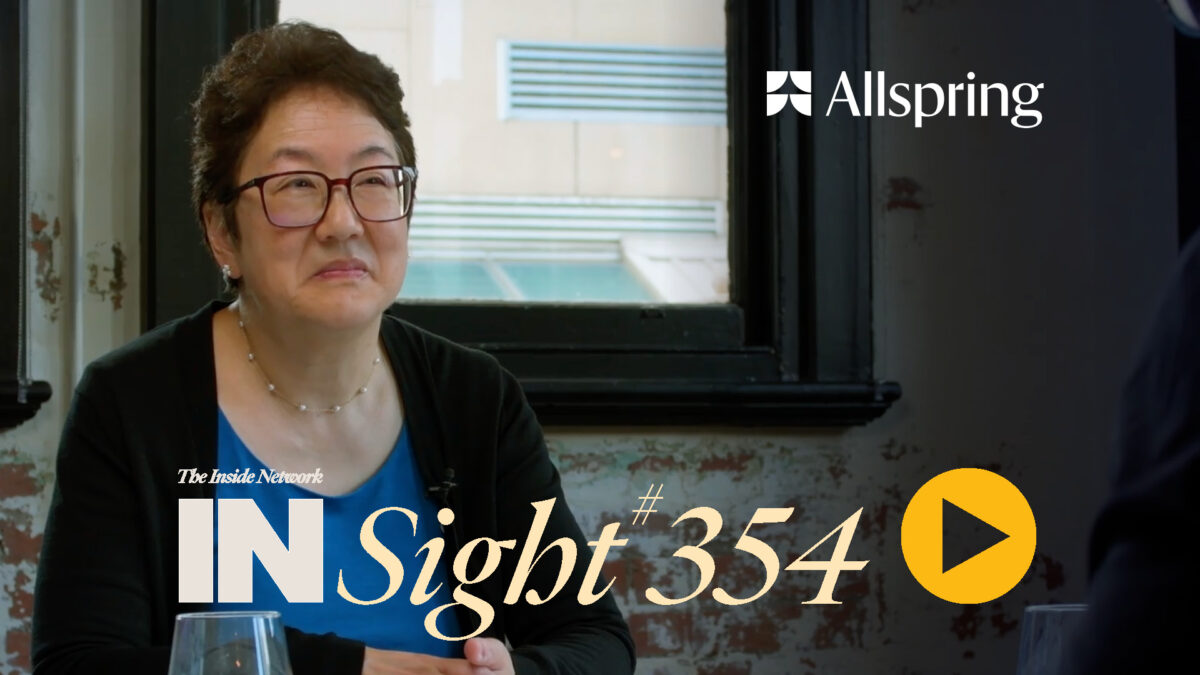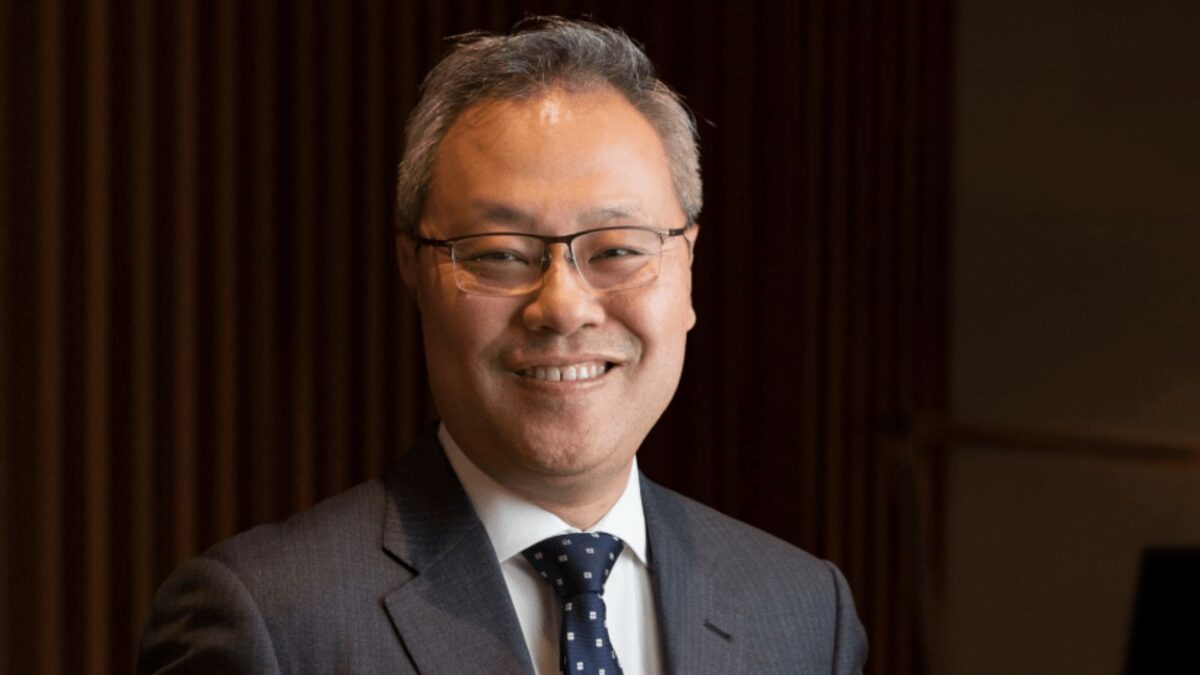Execution now the issue in alternatives evolution
(Pictured: Tim Martin)
What are alternatives these days? And do they need to fit into their own “bucket”? What is the future for portfolio construction as big super funds grow very big? Tim Martin, head of alternative assets at Tyndall Asset Management, presented some interesting observations last week.
He said, at the 10th annual press briefing on his company’s outlook for markets, that there was no longer any problem in having an intellectual discussion about the use of alternatives, such as “alternative credit”, which is a Tyndall strongpoint. The problem was execution.
“There is no doubt that institutional investors have a significant appetite for alternatives and there’s an alignment with the long-term nature of exposures… but it’s still somewhat of an evolutionary process. A lot of people’s KPIs are still linked to benchmarks.”
Tyndall embarked on its alternatives program in June 2012 after Martin and former partner Mike Davis, Tyndall’s chief executive, joined the firm from their own alternative debt firm Causeway, which they had run with some other analysts for several years. The Causeway core business of lending to medium-large companies due to a shrinking in corporate funding by major banks has been augmented now with debt strategies for Tyndall parent Nikko’s Japanese clients. The firm will also be developing strategies for the rest of Asia through its purchase last year of Treasury Asia, based in Singapore.
“We’re focused on absolute returns and benchmark-unaware strategies with an initial focus on credit,” Martin said. The debt market was changing because of new capital requirements and other regulatory changes, which have meant that foreign banks have all-but exited this type of lending.
Credit assessment skills were improving and investors were looking further down the credit spectrum. “What was considered sub-investment grade now looks like a sub-set of fixed income,” Martin said.
Big funds are moving away from classifying alternatives separately and are now more focused on illiquids versus liquids as a portfolio construction theme. For a very big fund, for instance, a listed small-cap portfolio may be more illiquid than a private equity fund.
Tyndall is a little bearish on equities this year, predicting single-digit returns for Australia after two strong years. Jason Kim, portfolio manager and senior analyst, said Aussie shares were looking fully valued and needed to see some meaningful and sustained earnings growth.
“It’s gone up because of confidence and because equities have been flavor of the month. The market is expected earnings growth of 8 per cent. We think that’s a tad optimistic. We think that’s a 2015 story. There will be only some benefits in 2014.”
He said current conditions suited value-orientated active managers such as Tyndall because of the increased difficulty in finding under-valued stocks. Investors should look for stocks with offshore earnings growth, especially US earnings.
Roger Bridges, Tyndall’s head of fixed income who is also on the Nikko global investment committee, said “we don’t have the big bond bear” this year.
He said the decline in the Aussie dollar had taken some pressure off the RBA to keep rates low and the next move in Australian rates was likely to be up. The Aussie dollar had probably been oversold, he said, given the problems in emerging markets.










